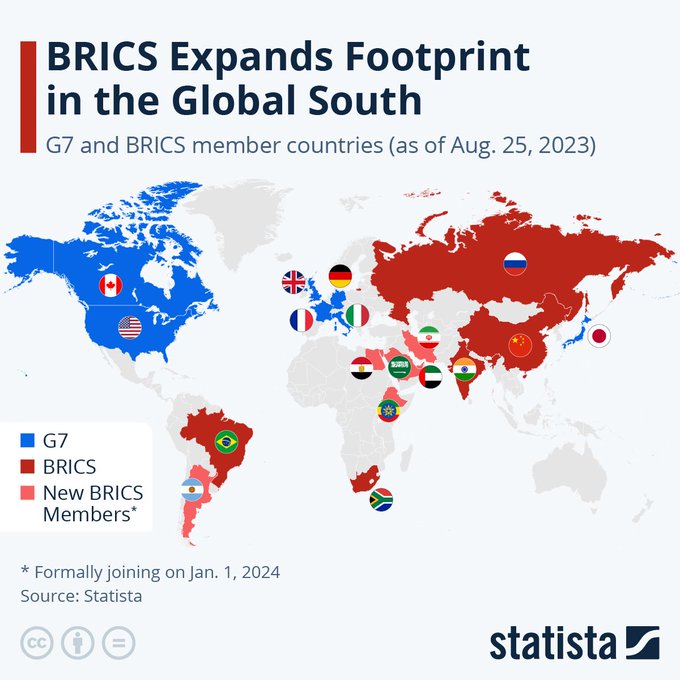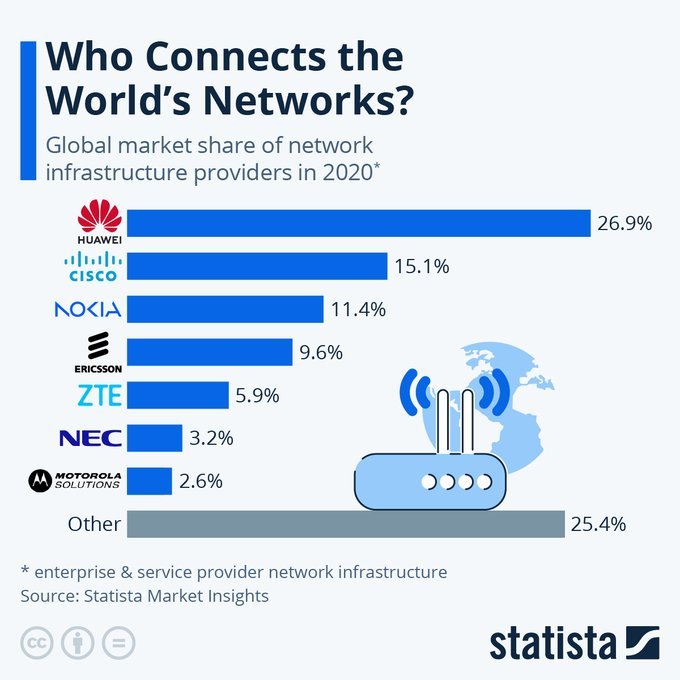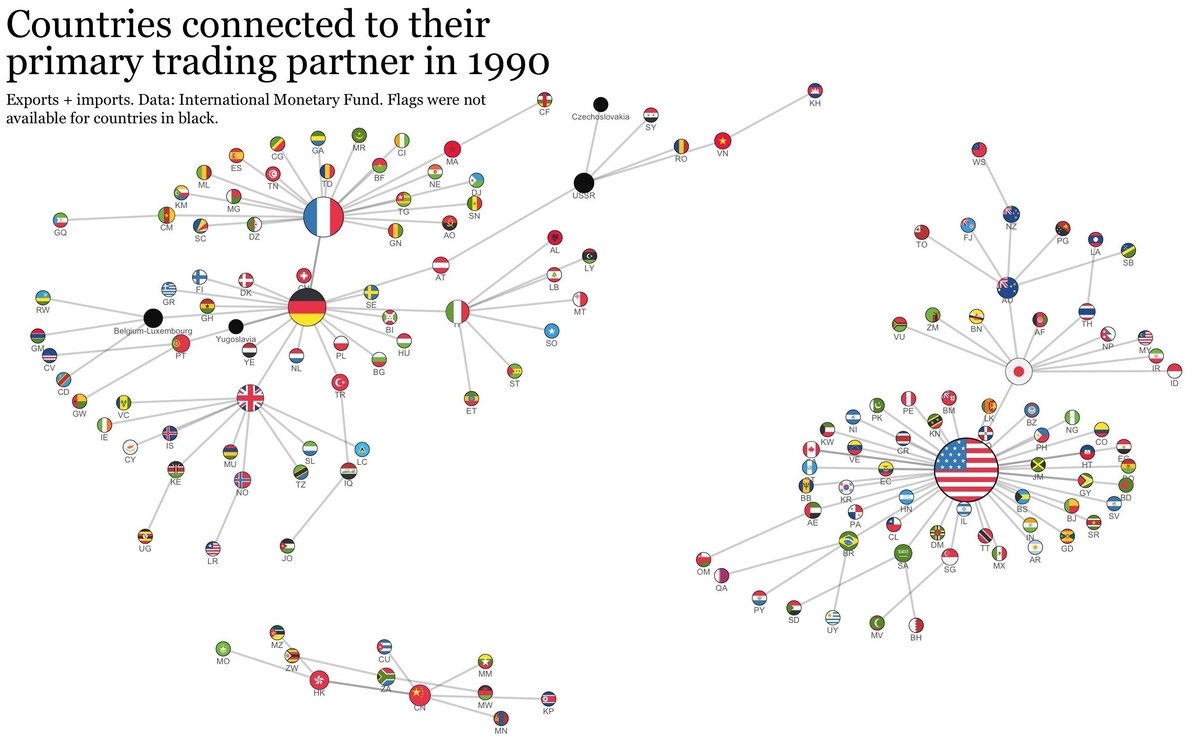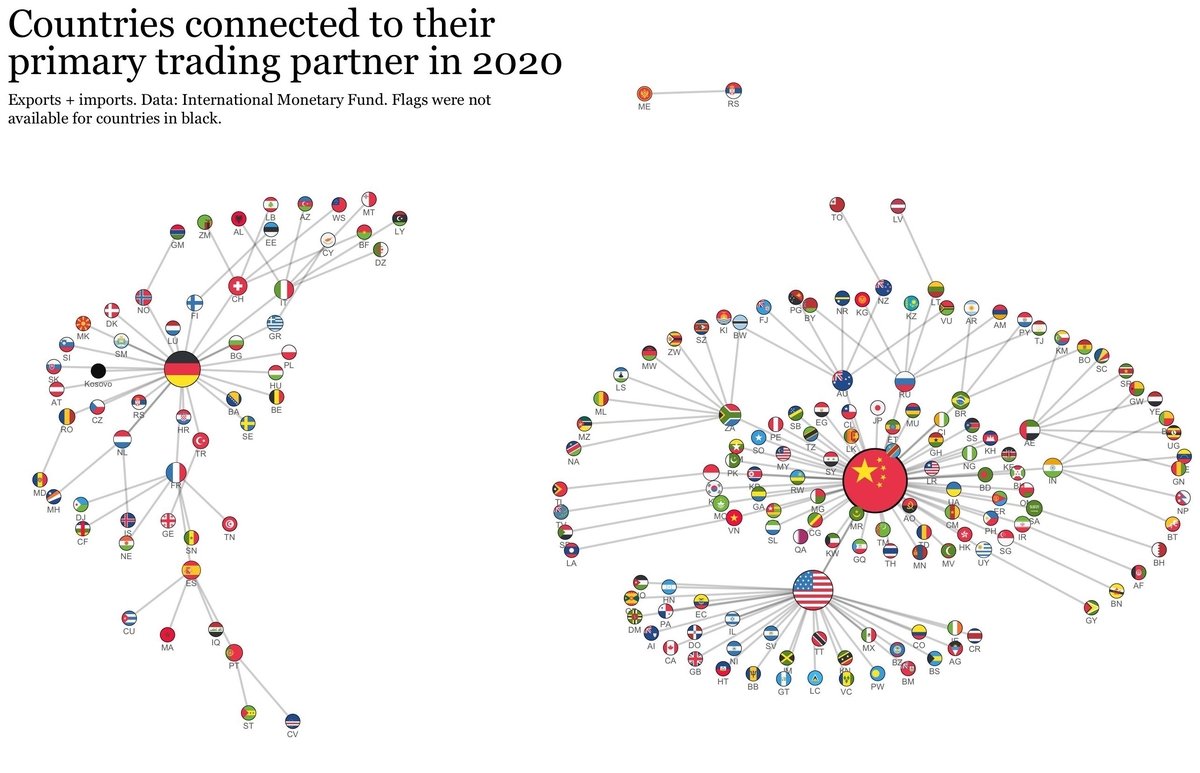Washington spent 7.5 billion dollars on charging stations. The result?
Seven stations.
China has subsidized charging station as well. I can’t find reliable figures, though one source says around 10 billion dollars. How many charging stations does China have? Over seven million, 2.2 million of which are public units. The US has 186,200.
Bottom line Chinese EVs sell for about eleven to twelve thousand dollars, though when sent to the West the companies charge multiples of that and take the profits, so if you want a cheap EV you’ll have to figure out how to buy in China and import it yourself, which most Western countries make very difficult.
What’s amusing is that the US is planning on a 100% tariff on Chinese EVs—but even so, they’d still be cheaper and sell at a profit for Chinese EV makers. (As a practical matter, it’s very hard to get Chinese EVs in America.)
A western journalist specializing in EVs went to China recently and drove their cars. The article is long and worth reading, but the summary is that they’re better cars on top of being far cheaper. And this is an American journalist who went in expecting otherwise.
So, let’s fish and cut bait: as the title said, you can’t run industrial policy or a war economy under neoliberalism. It’s impossible. Russia easily and massively increased its production of weapons and ammunition during the Ukrainian war. The West? Hardly at all.
Washington spends 7.5 billion for 7 charging stations. This isn’t just incompetence, this is corruption. Yes, China and Russia have corruption. Lots of it. It is nothing compared to American and European corruption, not even on the same scale. In China, especially, most corruption is “honest corruption” — you can take a slice, but you have to actually deliver. If X number of homes or charging stations are to be produced, you’ve got to produce them.
This is a feature of neoliberalism. Neoliberalism is about unearned profits. This is seen most clearly in the stock market and in real estate. During the post-war period the stock market traded sideways. The indices basically didn’t go up at all. Under neoliberalism they went up inexorably. What is odd about this is that during the post-war period GDP growth was higher, so stock prices haven’t been rising since 1980 because of better economic performance, but rather because it’s government policy run mostly thru the Federal Reserve.
But this isn’t just true of housing and stock prices, it’s true of almost everything. Profit margins have soared during the neoliberal era. Our companies don’t compete on price or quality, they try to create oligpolies or monopolies so that they can charge more without having to provide significantly more value. The way they took advantage of Covid to raise prices far faster than their costs were rising is instructive.
Simply put, neoliberalism is about unearned money: about capital gains; PE plays where you buy a company with debt, load it with the debt and then dump it; monopolies and oligopolies and getting government to juice asset prices or pay you far more than you deserve for shoddy goods (see mil-industrial complex.)
There are, of course, partial exceptions, but even in those tend to be partial. Apple produced some real new products, but they also seek to receive monopoly prices for them. Almost all of the internet, built as a commons, has been turned into walled gardens and the small producers marginalized even as their product was stolen. AI is little more than an IP theft machine against small producers—writers and artists.
But let’s move back to “can’t run industrial policy.” Neoliberalism was very explicitly against tariffs and for free capital flows. Money flowed to the highest returns, no matter from which country. Capital goods and expertise were exported. China until very recently was a low-cost producer, so the West engaged in labor arbitrage and sent the manufacturing floor there. Take Apple, for example. They designed the iPhones and iPads and so on, but they were almost entirely produced in China, because it was cheaper.
Problems is that the best way for engineers to learn is on the manufacturing floor. So as the West sent most of its manufacturing to China, the Chinese learned. After all, they were the ones actually making the goods.
And now Huawei’s phones are out-competing Apple and Samsung. They’ve created their own OS. Their chips aren’t quite as good yet, but they’re moving fast.
As I’ve said repeatedly, wherever the world’s manufacturing floor is, is where innovation will inevitably move. There is a delay. It was about forty years when America overtook the UK. In the China/US case it seems to have been about twenty years. Which is to say, it’s already happened.
Now it’s important to note that this is no longer just about the manufacturing floor. The West’s costs are genuinely higher than China’s even now that China is no longer a low-cost labor market. This is a feature of neoliberalism: we deliberately produced high housing and rent costs. In America, high health care costs are a deliberate matter of government policy. High living and real-estate costs mean American firms couldn’t compete with Chinese even if they wanted to and still had the capability, not even with subsidies, of which there are far more than people believe.
For about six years, I’ve heard constant complaints from Chinese that it was no longer possible to buy a home. Their housing market, like ours, was being bought up by investors, pricing out young people.
What was the Chinese response? They crashed their housing market and the government has stepped in. (From the Economist. Since it’s behind a paywall, I’m using a tweet with a screenshot):
China is responding to the failures of the private property market by building millions of units of social housing. "Social homes will come to dominate overall housing supply by 2030." pic.twitter.com/Cy4nf39Pw8
— Carlos (@agent_of_change) April 28, 2024
We can’t compete with this. It’s impossible. Not because it’s impossible in theory, but because we don’t believe in doing such things and to pursue such policies we would have to hurt rich people, a lot, and they own Congress and the Presidency and our politicians in other countries.
China has repeatedly shown that if a policy is good for the majority, but hurts the rich, they’ll do it anyway. We’ve repeatedly shown the opposite.
And you can’t run industrial policy or a war economy if you want fake profits based on not actually producing good new goods at cheap prices. It can’t be done. If an entire society is based around “give me money for the least possible effort”, you’re cooked
China’s government, while not without serious flaws, works, and ours doesn’t, and that’s because China has refused to let private interests take over the government.
China is a capitalist country, there is no question about it. But the sort of capitalism they practice is the type we practiced in the 50s and 60s. You can get rich, but you have to actually produce and incomes are expected to rise faster than the cost of goods. Ordinary people’s lives are expected to get better. So much so that one Chinese I know said that many of the problems of China were essentially those of a paperclip optimizer which was intended to reduce poverty.
The West is toast. We can’t compete. It’s that simple. To compete we will have to change significantly, and while putting up tariffs isn’t actually a bad idea, it’s not enough alone. Without changing our fundamental governing and economic policies and ideology so that to get rich and stay rich you have to actually make good cheap new products in a way that improves the majority’s lives, we will never be able to compete.
You get what you support. If you like my writing, please SUBSCRIBE OR DONATE

 Meanwhile the Yemenis live in a mountainous country and their missiles are all mobile. It is impossible to take them out just with naval power: boots on the ground are necessary: a full invasion and occupation, in fact and that just isn’t happening: the US might be able to do it by going all out, but it would have nothing left for anywhere else.
Meanwhile the Yemenis live in a mountainous country and their missiles are all mobile. It is impossible to take them out just with naval power: boots on the ground are necessary: a full invasion and occupation, in fact and that just isn’t happening: the US might be able to do it by going all out, but it would have nothing left for anywhere else.



